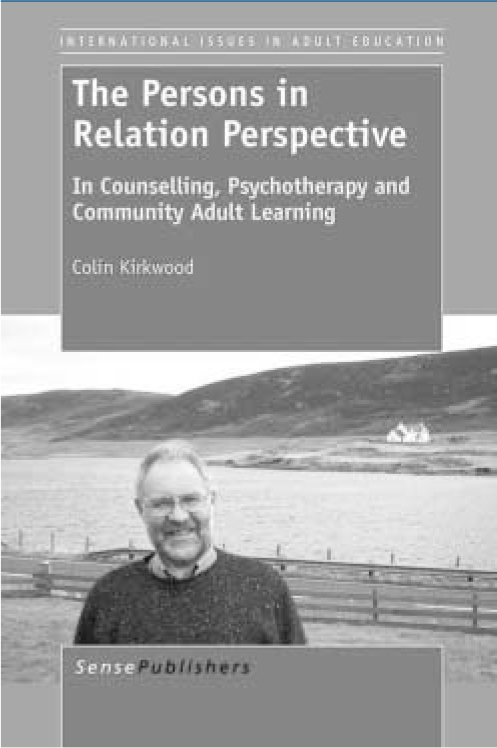
This rather odd collection of essays, lectures, notes, and even an after-dinner speech, published in a series on adult education, may not at first glance appeal to an audience of psychiatrists. The book is the culmination of the personal journey and lifetime work of its author, a Scot of Presbyterian Northern Irish parentage who initially incorporated his studies of literature, Marxism, religion and philosophy into a career as an adult educationalist, then trained as a counsellor and psychotherapist in the Scottish Institute of Human Relations, subsequently spearheading significant developments in counselling training across Scotland.
Kirkwood's stated aim is to synthesise intrapersonal, interpersonal and sociocultural factors into a unified account of the theory and practice of psychotherapy, through the guiding principle of the ‘persons in relation’ perspective. Drawing from the work of three Scottish forebears - the philosopher John Macmurray, the psychotherapist Ian Suttie, and the psycho-analyst Ronald Fairbairn - Kirkwood's approach places human relationships firmly at the heart of our existence. Kirkwood contends that human beings do not live in isolation, but are ‘persons’ who are fundamentally constituted by their relationships with others, both past and present, and that self-realisation is inextricably bound with relating to others. Persons also have agency: they are not mere objects to be acted upon, but are subjects whose conscious and unconscious experiences enable them to know and act upon the world.
The book's main strength lies in introducing the reader to a unique Scottish tradition of psychotherapy, enhanced by Kirkwood's summaries of the seminal, yet neglected, work of Suttie and Fairbairn; his clear exposition of more basic psycho-analytic concepts and theories; his analysis of the growth of counselling and psychotherapy in the UK as a response to the decline of religious influence and competing sociopolitical trends of Thatcherite individualisation and socialist collectivism; and his idiosyncratic, yet moving, account (which he terms a ‘dialogical narrative’) of his therapy of a girl with severe anorexia. Kirkwood's writings, however, are undermined by what looks like lazy editing: unnecessary repetition of ideas, chapters in note form, and the absence of an index. I also found the later chapters about adult education less relevant to the clinical practice of psychiatry or psychotherapy.
Does Kirkwood achieve his rather ambitious aim? From one viewpoint, he explores little that has not already been addressed within the psychotherapy field (notably, within the respective studies of object relations, attachment and intersubjectivity) or encompassed in a broader biopsychosocial model of mental health. Yet, he makes us sit back and reflect - not only on the more obvious shift towards an individualist culture which rewards personal success, wealth, power and consumption; but also on our own practice as psychiatrists in which the focus on the individual ‘client’ or ‘service-user’ may neglect wider relational, societal and political dimensions. A ‘persons in isolation’ attitude may contribute to the inadequacies of our current mental health system, exposed in the recently published Schizophrenia Commission Report (The Abandoned Illness, 2012), in which widespread fragmentation of services, anti-therapeutic ward environments, loss of continuity of care and therapeutic relationships with trusted professionals, scarcity of psychological interventions, and denial of patients' families as partners in care, were tragically reported as all-too-common experiences by people with psychotic illness. The persons-in-relation approach is, of course, not the only solution to these complex difficulties, but it forces us to remember the value of the therapeutic relationship, emotional attachment, and ultimately humanity, as essential ingredients in our endeavours to help our patients.



eLetters
No eLetters have been published for this article.